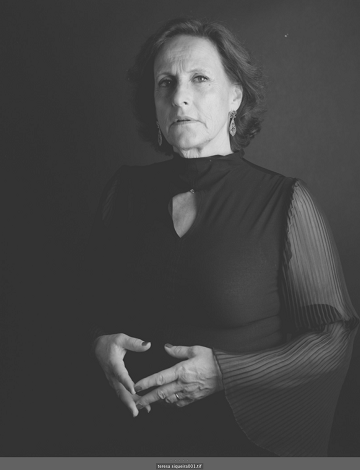Know more:
Teresa Siqueira
(N. 6 March, 1953)Maria Teresa da Câmara de Siqueira de Carvalho Rebelo de Andrade was born on March 6, 1953 and belongs to a lineage of fadistas, being the cousin of Maria Teresa de Noronha, Vicente da Câmara and Hermano da Câmara.
She started singing at a young age, in a family environment, debuting in record deals with the participation in the album “Uma Noite no D. Rodrigo”, from 1974, with the theme “Saudade Espuma do Mar”. In this album, published by Zip-Zip, we can also find the voices of Carlos Zel and Rodrigo, owner of the fado house that gives the album its name.
A year later, she released her first EP under her own name, “Se Não Fosse Poesia”, accompanied by António Chainho's Guitar Ensemble. In addition to the theme that gives the title its name, by Vasco de Lima Couto, it also has hits such as “O Vento Agitou o Trigo”, “Fado da Minha Morte” and “Contradição”.
In 1976, Teresa released “Estrada”, under the Alvorada label, where all the titles, with the exception of “Estrada”, were composed by António Chainho (“Só A Morte De Passagem”, “Meu Amor Que Me Dói Tanto” and “Rouba Ao Vento A Liberdade”), thus establishing a partnership that had already begun on the previous album.
In 1978, she participated in the program “Fado Vadio”, presented by João Braga, where she sang, on board a cacilheiro, “Recado a Lisboa”, a fado with lyrics by João Villaret and music by Armando Rodrigues. That same year, she participated in the album “O Nazareno”, by Hermano da Câmara.
She recorded, in 1990, “Desencontros”, with verses by Fernando Pessoa, for the album “Terra de Fados”, by João Braga. That same year, Teresa Siqueira released her only long-term album: “Fado Antigo”. Accompanied by extraordinary musicians such as José Luís Nobre Costa, Pedro da Veiga, Jaime Santos Júnior and Joel Pina, she recorded old and new fados, including “Diário” and “A Festa É de Lisboa”, as well as “Lá Porque Tens Cinco Pedras”, firstly performed by Amália Rodrigues.
Teresa Siqueira's life passed not only through the stages, but also through the management of a fado house. In 1993, and for more than ten years, she took over the management of “Taverna Do Embuçado”, in Alfama.
On the 27th of June 2008, within the scope of the “Festa do Fado”, included in the Festas de Lisboa program, she was the special guest of two of her children, Carminho and Francisco Rebelo de Andrade, in a very special concert.
Despite not having an extensive recording career, Teresa Siqueira has always remained linked to Fado, either in the cast of several Fado houses, such as Mesa de Frades, for example, or through participation in different galas and events. She performed in her own name, on 3 February 2017, at the CCB's Small Auditorium, within the scope of the cycle “Há Fado no Cais”, promoted by the Fado Museum and, more recently, on 24 September 2020, she was one of the leading figures who participated in the concert honoring Joel Pina, on account of his 100th birthday.
Teresa Siqueira continues to be, even today, a reference in the fado universe, for her unique voice and elegance in the choice of repertoire.
Source:
https://www.rtp.pt/rtpmemoria/gramofone/teresa-siqueira-por-joao-carlos-callixto_1189
https://www.museudofado.pt/evento/teresa-siqueira-ha-fado-no-cais
https://www.culturanarua.pt/wp-content/uploads/2018/05/programa-2008.pdf
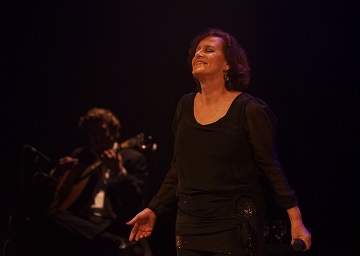
Teresa Siqueira, 2017, Small Auditorium CCB. Photo by José Frade
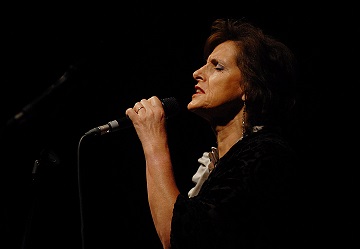
Teresa Siqueira, 2008, Festa do Fado. Photo by José Frade
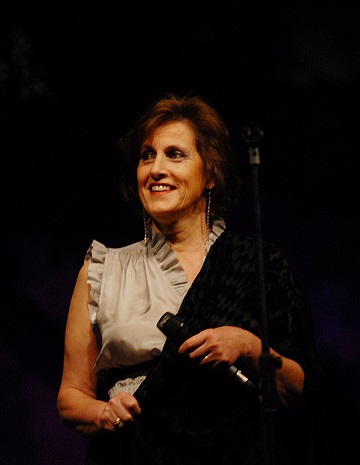
Teresa Siqueira, 2008, Festa do Fado. Photo by José Frade
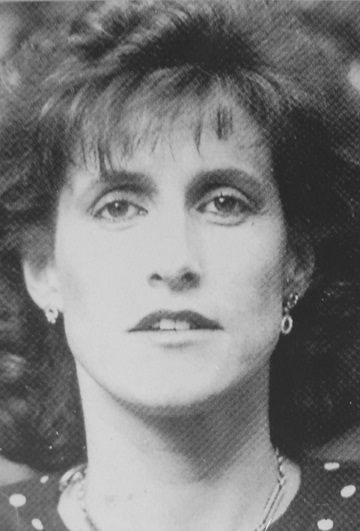
Teresa Siqueira
